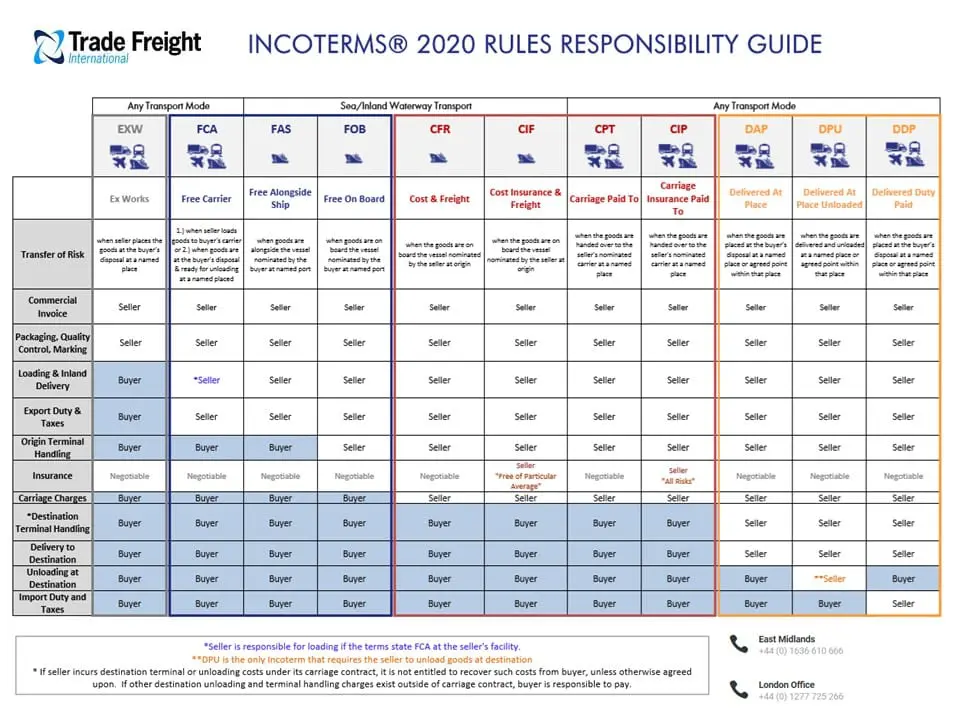The Coronavirus pandemic has led to travel restrictions being imposed across the globe including the EU. At present, these restrictions exclude freight traffic which can, in principle, travel as normal, in practice, however, it is likely to be subject to long delays due to the need for extensive border checks. Here is a quick summary of the current situation.
There is a ban on traffic entering the EU (freight excluded)
France, Germany, Italy and Spain are all effectively in lock-down. Most areas are still accessible to freight traffic, however, some parts of Italy and Spain are in total quarantine. This presumably means that freight vehicles will also be denied entry unless they are carrying essential supplies.
Many European countries are now restricting border crossings, especially if they share a border with Italy, as are Russia, Turkey and Ukraine. The restrictions often involve the need for health checks before traffic is allowed through. Presumably, this means that anyone who fails the check will be turned away, which could potentially create (even longer) delays for vehicles behind them (and in the opposite direction).
Some countries are also requiring extra documentation, presumably to be certain that the freight is legitimate and not being used as a cover for any other activity.
The situation is in a very fluid state and it is advisable to check the Trans.info website for the most up-to-date information.
The UK is still technically open for travel
Although the UK is still operating under EU rules, it has never been a member of the Schengen free-movement zone and hence is not obligated to lock down its borders per the EU’s instructions. That said, the only way to reach the UK by road is to travel through the EU, which means that, in practice, there are restrictions on travel to the UK, but freight traffic is currently exempt from them. The UK is still accessible by sea and air, but sea freight is still adjusting to the effects of the pandemic and air freight is experiencing low supply and high demand.
Having said that the UK is still open for travel, there are numerous warnings in place and it has to be considered at least possible that the UK will lock down its borders to some extent. Only time will tell to what extent.
Internal traffic within the UK should, in theory, be able to continue as usual.
The UK government has insisted that there is no chance of London being locked down. It is, of course, entirely a matter of opinion how much faith should be put into this promise, especially given since there are still so many unanswered questions about the Coronavirus. For the time being at least, that is, however, the official position.
Sea freight is still an option but is somewhat in flux
Sea freight is generally known as “container shipping” because it requires the use of standard-sized containers to transport goods. Unfortunately, at present, normal patterns of container distribution have been seriously disrupted and the industry is still working out how to address this issue. It is, however, anticipated that if the pandemic continues, sea freight may prove invaluable in helping to alleviate the pressure on road transport at a more reasonable cost than air freight.
Air-freight costs are increasing due to a reduction in passenger flights
Most air freight is carried in the hold of passenger aircraft and even when travel is permitted, people are increasingly avoiding it except when it is absolutely essential. This has created a situation where there is minimal supply at a time of maximum demand and hence, as expected, air-freight costs are at their highest. This is understandable given both the basic law of economics and the pressures on the airline industry, but it does not help the logistics industry.
Reduced availability of human staff may increase both costs and delays
The UK was already short of HGV drivers. Drivers having to self-isolate is only going to exacerbate these problems. For the time being at least, however, the industry still has access to drivers from other EU countries, although attracting them to work in the UK could become increasingly challenging if Sterling continues to slide against the Euro.



Recent Comments